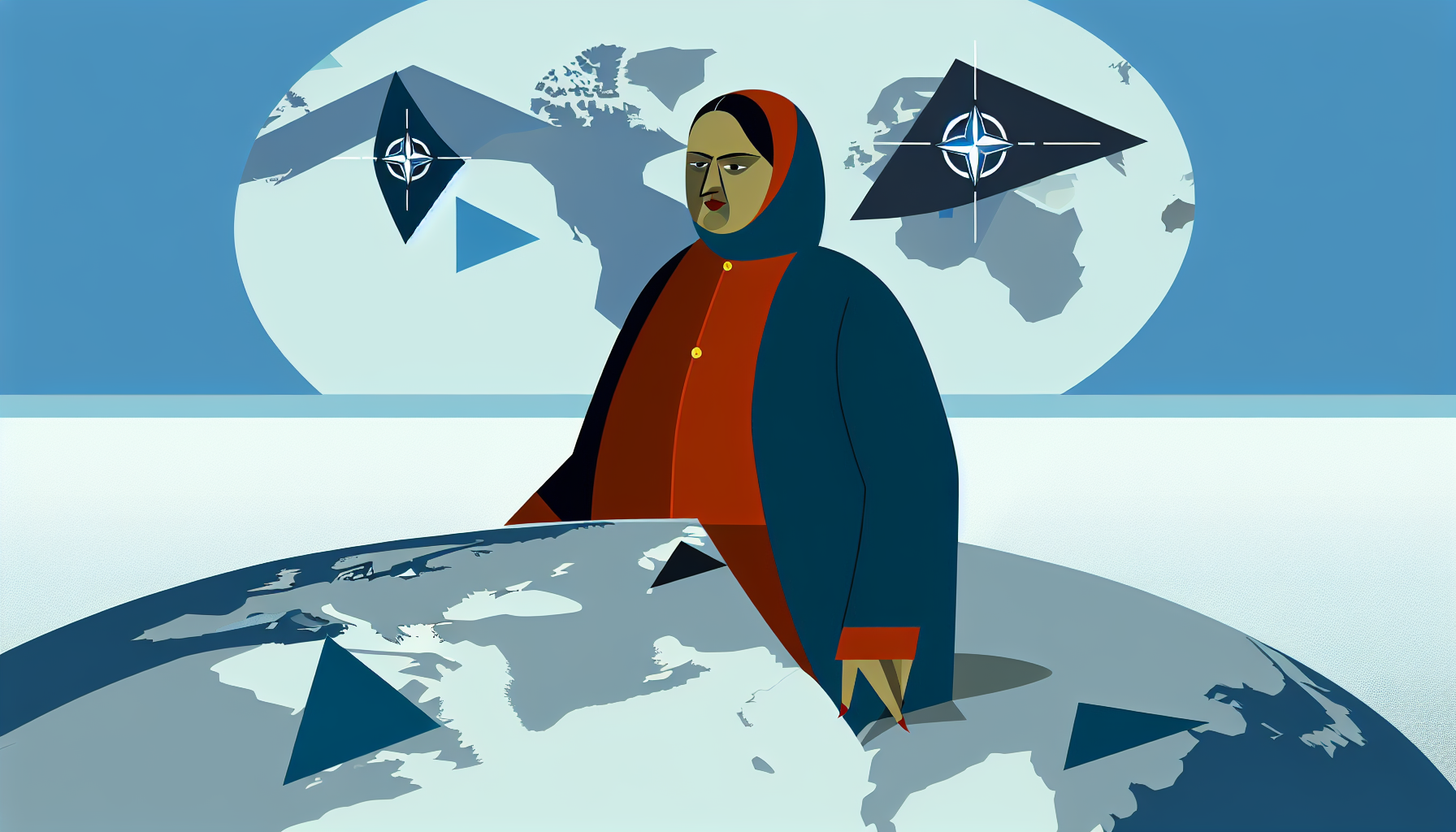[Disclaimer] This article is reconstructed based on information from external sources. Please verify the original source before referring to this content.
News Summary
The following content was published online. A translated summary is presented below. See the source for details.
US Secretary of State Marco Rubio undertook an extensive diplomatic tour from May 11-16, 2025, accompanying President Trump to Saudi Arabia and Qatar before continuing to Turkey for important NATO meetings. During the Gulf portion of the trip (May 11-14), Secretary Rubio worked with senior officials to strengthen US partnerships with these key Middle Eastern allies, focusing on solving global and regional challenges, expanding trade and investment opportunities, and reaffirming strategic relationships. The mission then continued to Antalya, Turkey (May 14-16) for the NATO Informal Foreign Ministers Meeting, where discussions centered on alliance security priorities, including pushing for increased defense spending by member countries and strategies for ending the Russia-Ukraine conflict. Following the NATO meeting, Secretary Rubio traveled to Istanbul for additional meetings with European counterparts specifically focused on the Ukraine situation and other pressing regional security issues. This extended diplomatic tour prepares for the upcoming NATO Summit in The Hague this June, where the Secretary will advance President Trump’s agenda of ensuring NATO allies contribute their fair share to collective defense.
Source: US Department of State
Our Commentary
Background and Context
This diplomatic tour demonstrates the interconnected nature of modern international relations. The Secretary of State must balance relationships with traditional Middle Eastern partners while also working with European allies through NATO on shared security challenges.
The addition of the Istanbul meetings specifically about Ukraine shows how the ongoing conflict affects diplomatic priorities. Turkey plays a unique role as both a NATO member and a country with relationships with Russia, making it an important location for discussions about ending the war.
Expert Analysis
This extended trip reveals several key aspects of US foreign policy priorities:
Gulf Partnerships: Despite global shifts toward renewable energy, Gulf countries remain strategically important for regional stability, energy security, and countering Iranian influence in the Middle East.
NATO Solidarity: The focus on burden-sharing reflects a consistent US priority – ensuring that European allies spend more on their own defense rather than relying primarily on American military protection.
Ukraine Strategy: The separate Istanbul meetings suggest the US is exploring various diplomatic channels to end the conflict, possibly including countries like Turkey that maintain relationships with both sides.
Additional Data and Fact Reinforcement
Key facts about this diplomatic mission:
– The trip spans two critical regions affecting global security and economy
– Turkey hosts the second-largest NATO military after the United States
– Saudi Arabia and Qatar together hold over 20% of world oil reserves
– The Ukraine conflict has lasted over three years, making diplomatic solutions increasingly important
Turkey’s unique position as a NATO member with ongoing dialogue with Russia makes it valuable for potential peace negotiations.
Related News
This diplomatic tour occurs amid several important developments:
– Ongoing NATO preparations for the June summit in The Hague
– Continued international support efforts for Ukraine
– Middle East tensions requiring careful regional management
– Global discussions about post-conflict reconstruction in Ukraine
Summary
Secretary Rubio’s extended diplomatic tour demonstrates America’s commitment to maintaining strong partnerships across different regions while addressing the most pressing global security challenge – the war in Ukraine. The mission reflects a strategic approach that combines traditional alliance relationships with creative diplomatic efforts to find peaceful solutions to international conflicts. Success will be measured by concrete commitments from allies and progress toward ending the Ukraine conflict.
Public Reaction
The diplomatic tour has generated various reactions:
– NATO allies appreciate continued US engagement and leadership on Ukraine
– Middle Eastern partners value the high-level attention from the US administration
– Peace advocates hope the Istanbul meetings could lead to breakthrough negotiations
– Some critics question whether enough pressure is being applied for actual results
Frequently Asked Questions
Q: Why hold Ukraine discussions in Istanbul rather than a European capital?
A: Turkey has maintained diplomatic relations with both Ukraine and Russia throughout the conflict, potentially making it a more neutral location for sensitive discussions.
Q: How do Middle East partnerships help with the Ukraine situation?
A: Gulf countries can provide economic support, energy resources, and diplomatic leverage that may be useful in post-conflict reconstruction and peace negotiations.
Q: What’s the significance of NATO burden-sharing?
A: It ensures the alliance remains strong by distributing costs and responsibilities more evenly, reducing the financial burden on the United States while strengthening European defense capabilities.


